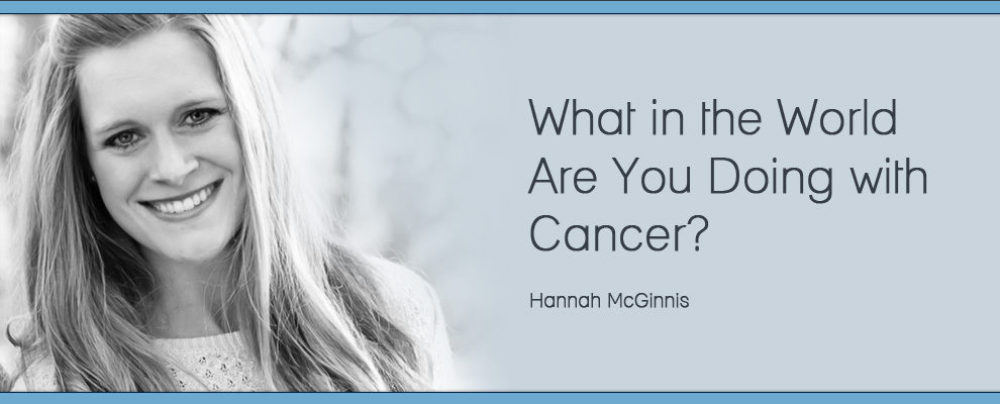I wrote last week about the Woodiwiss family and the idea of being present with others in their struggles. I realize that the idea of “being present” seems a bit amorphous, without clearly defined steps one can take to actually be present…but I think that’s the point: in struggle, there’s not a list of steps for how to help another person or ways to fix the problem.
I read Henri Nouwen’s Compassion for one of my classes, and he writes so much on this idea of presence (among other topics in this book), so I’d recommend the book, but I’ll pass on a few of his words that struck me:
“…what really counts is that in moments of pain and suffering someone stays with us. More important than any particular action or word of advice is the simple presence of someone who cares. When someone says to us in the midst of a crisis, ‘I do not know what to say or what to do, but I want you to realize that I am with you, that I will not leave you alone,’ we have a friend through whom we can find consolation and comfort….we have lost the simple but difficult gift of being present to each other. We have lost this gift because we have been led to believe that presence must be useful.”
I agree with that–from both sides. In the struggle, I often just want others to be with me, to walk through it with me, and to get that it’s a struggle, even if they can’t get the true meaning of the struggle for me. I also agree with that when I’m alongside another in his or her struggle–we have been led to believe that presence must be useful. And honestly, it can be useful sometimes, and that’s not a bad thing! My volleyball teammates brought me Jamba Juice when I was stuck in my bed or on my futon, too weak and in pain to get up and get myself food. Their presence was useful in bringing me food. However, when they stuck around and watched TV with me with no agenda, when they stopped by after class to give me a hug and check in, and when they just came to sit with me, their presence was most important, not their “usefulness.”
Nouwen goes on about the struggle to be present with another:
“Simply being with someone is difficult because it asks of us that we share in the other’s vulnerability, enter with him or her into the experience of weakness and powerlessness, become part of uncertainty, and give up control and self-determination.”
I think that’s true as well, and I confess that I haven’t always been good about being present with others in struggle because it does require us to enter into the experience, and that can be frightening. I’ll share more on that in next week’s “Part 3” of this “series,” but being present with others does require us to face a bit of their vulnerability as well, and we have to be willing to share in that.
Most importantly, Nouwen links this idea of presence amidst suffering to the One who is an ever-present help in trouble (Psalm 46:1). He writes,
“These reflections offer only a glimpse of what we mean when we say that God is a God-with-us, a God who came to share our lives in solidarity. It does not mean that God solves our problems, shows us the way out of our confusion, or offers answers for our many questions. God might do all of that, but the solidarity of God consists in the fact that God is willing to enter with us into our problems, confusions, and questions.”
I love that truth. God Himself enters with us into our problems, and the reason He has credibility to do so is not because He’s all-powerful (which He is, but which doesn’t necessarily provide a sense of solidarity in struggle) but rather because Christ came to share in our lives, going through the struggle for us so that He could also walk through it with us. I also love how Nouwen says, “God might do all of that,” acknowledging that He can and He might, but He also might not. What won’t change is that He’s with us, whether we always feel it or not. I definitely didn’t explain that as well as Nouwen, but it’s a powerful thought to me. God is a God-with-us in our struggle, not pulling us out of it, but walking through the fire with us. I’ll leave you with that for this part 2 of being “Present in the Struggle.”
On Christ the solid Rock I stand,
Hannah

Pingback: Confession: I Am Still Vulnerable to Loss | Hannah McGinnis